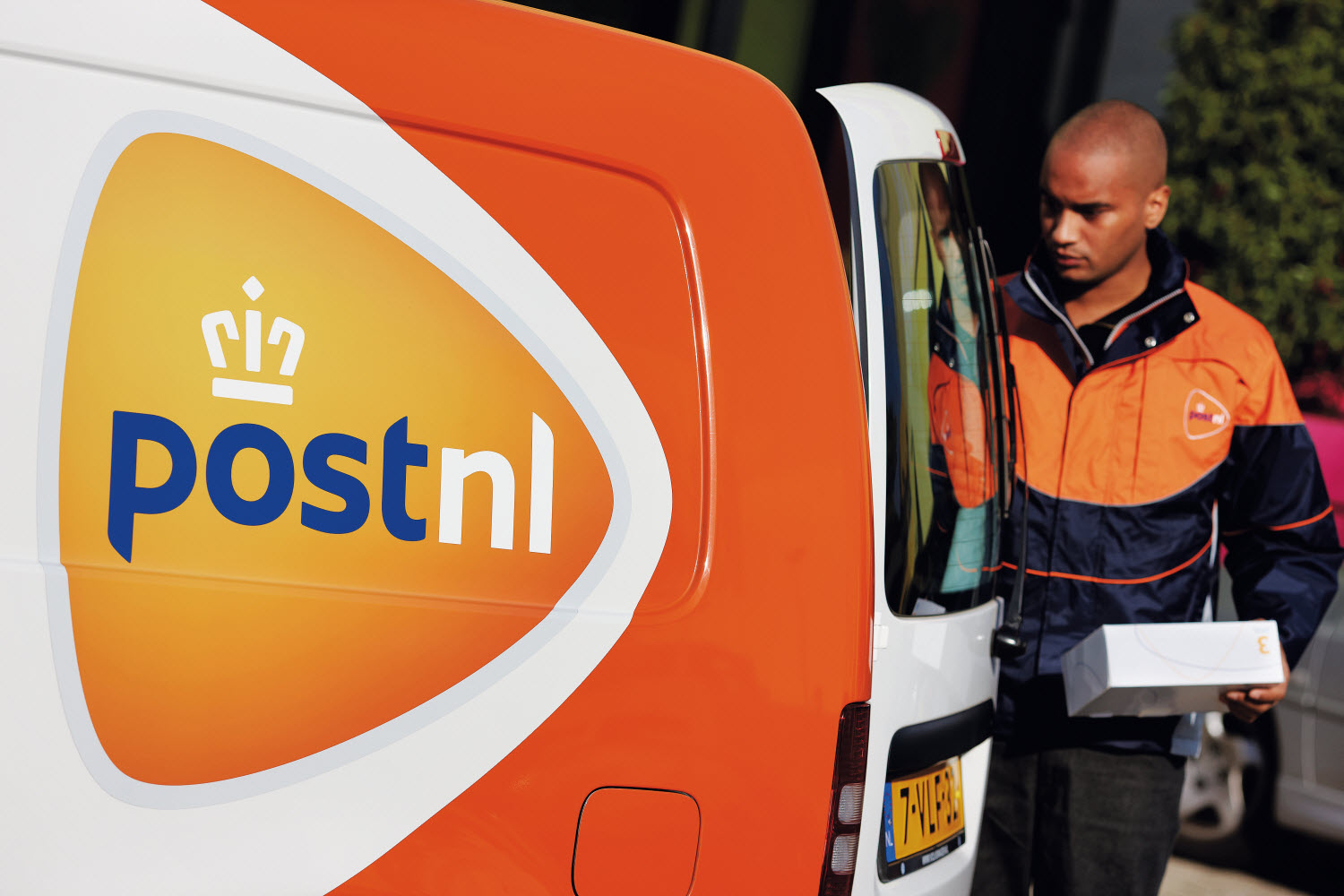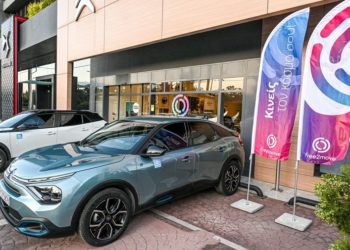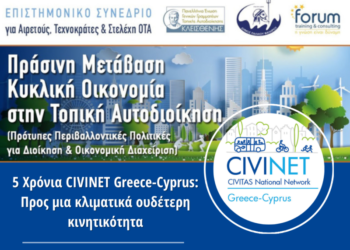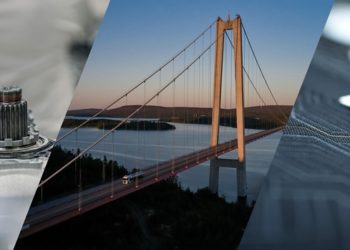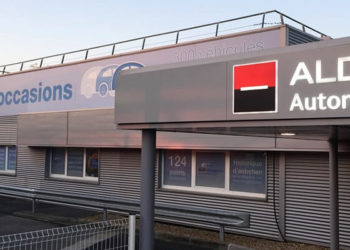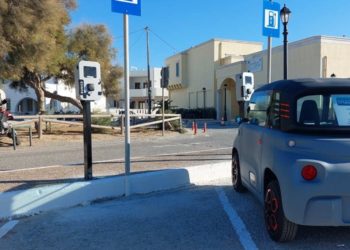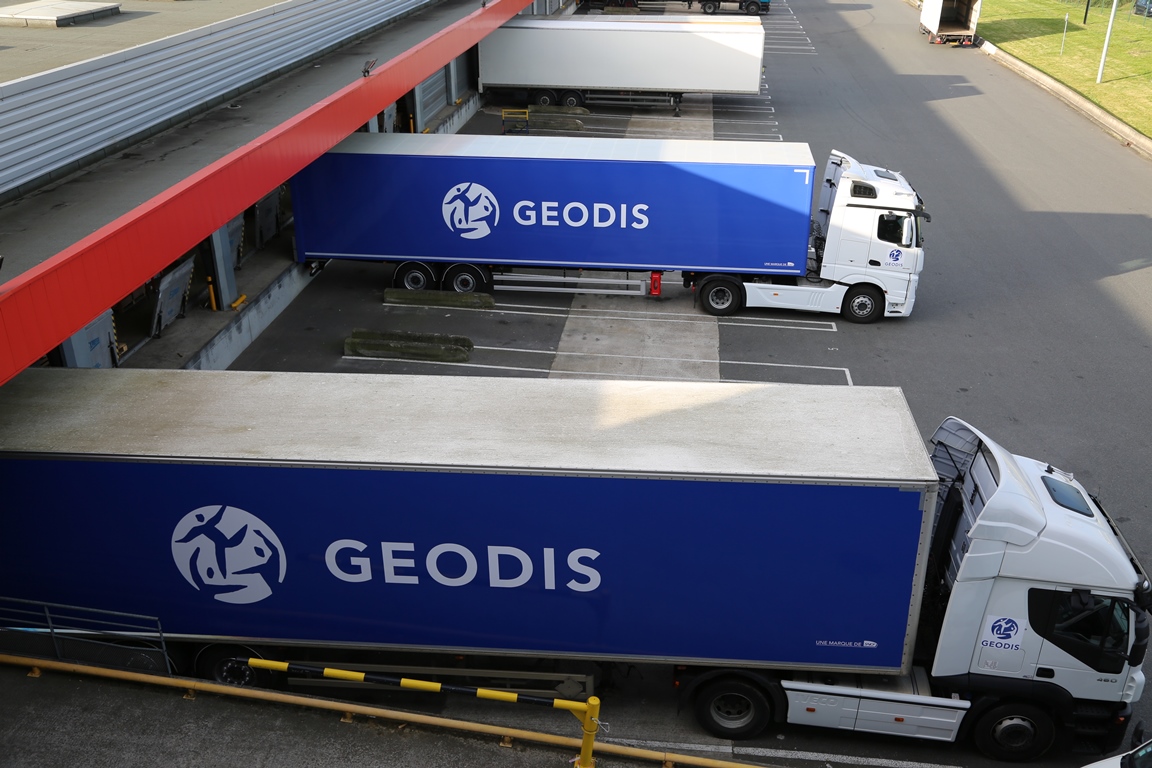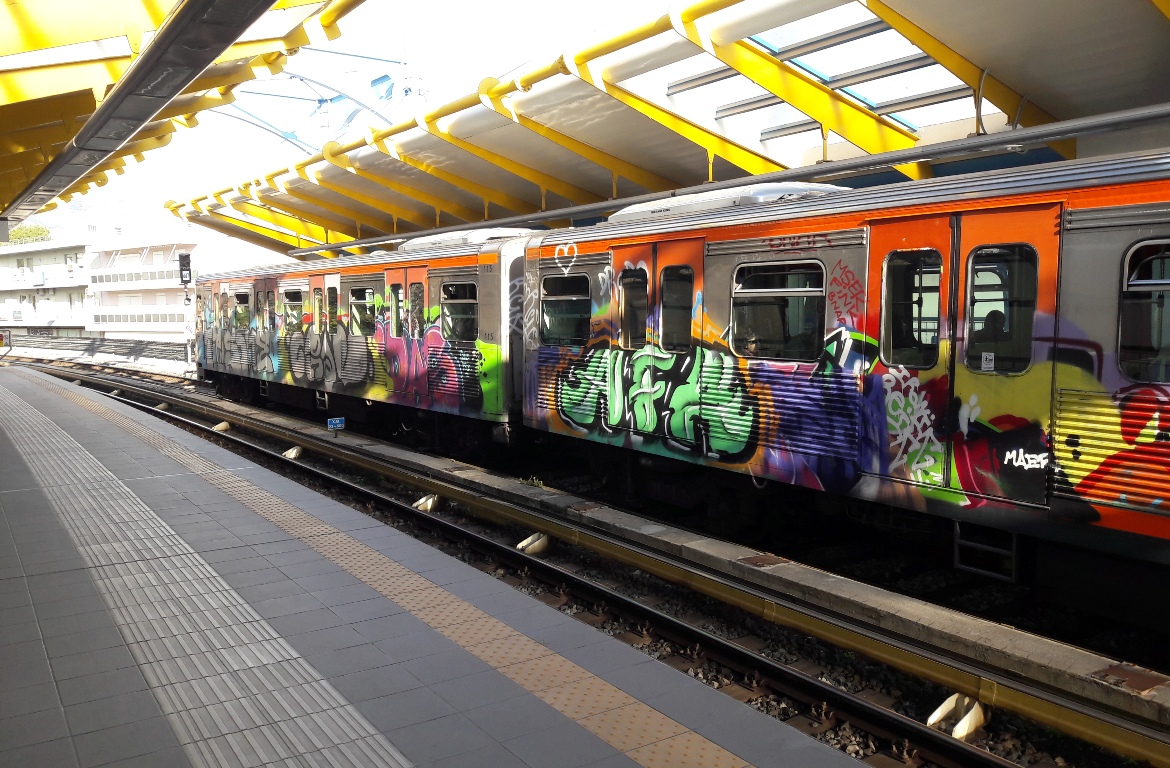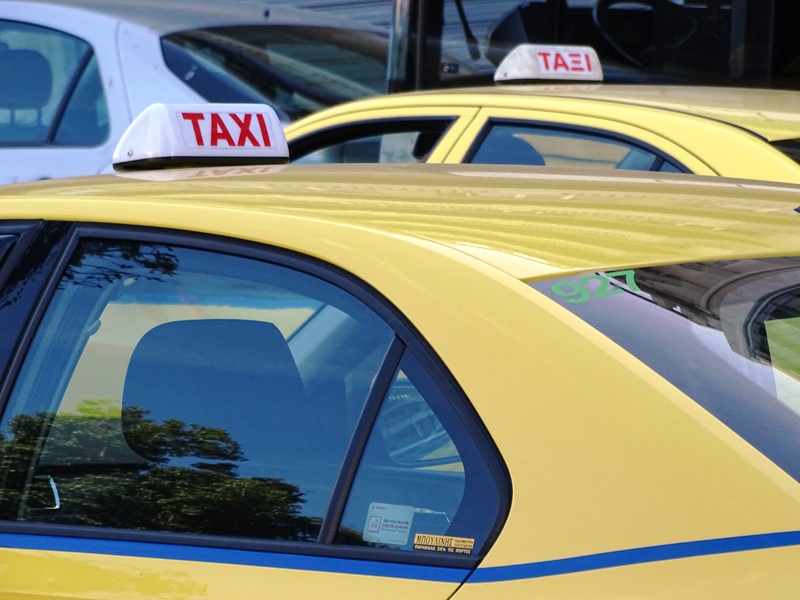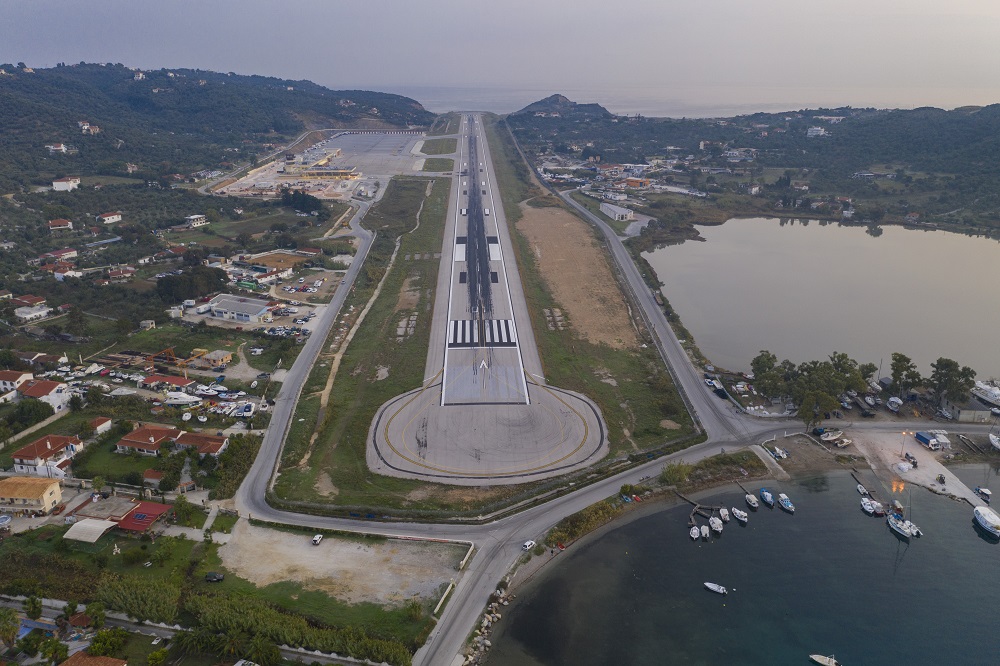The European Commission has found German plans to support the retrofitting of diesel buses used for public transport to be in line with EU State aid rules.
The measure should contribute to reducing nitrogen oxides emissions by over 2,000 tonnes per year while limiting distortions of competition.
Commissioner Margrethe Vestager, in charge of competition policy, said: “This is a good example of how to support our European objective of cleaner air for all. The German measure gives public transport operators an incentive to invest in greener vehicles, thereby improving air quality in German cities – fully in line with EU environmental goals”.
The scheme set up by Germany with a budget of €107 million will support the retrofitting of diesel buses used for public passenger transport in approximately 90 municipalities where the limits for nitrogen oxides (NOx) emissions were exceeded in 2016 or 2017. The public support will cover the costs of the retrofitting systems and their installation.
The measure is part of the German Federal Government’s “Immediate Clean Air Programme for 2017-2020” (Sofortprogramm Saubere Luft 2017-2020), which aims to reduce nitrogen oxides emissions as quickly as possible. The Commission considers that this public scheme will incentivise bus operators to invest in greener buses with significantly lower nitrogen oxides emission levels. The retrofitting is expected to cut the nitrogen oxides emissions of each bus by at least 85%. The planned support for the retrofitting of up to 7,000 diesel buses is expected to lead to a reduction of an estimated 2,200 tonnes of nitrogen oxides per year. This should improve, in the short term, air quality and public health, in particular in cities.
The measure is also in line with the Commission’s 2018 Communication on “A Europe that protects: Clean air for all“, which states that, under EU State aid rules, Member States may facilitate investments in low and zero emission mobility for the benefit of clean air, while promoting the competitiveness of our industry. Member States can make use of these rules at national, regional or local level to effectively tackle emissions, for example from road transport.
On this basis, the Commission approved the scheme under EU State aid rules because it contributes to EU environmental goals without unduly distorting competition.
Today’s decision is another example of how EU State aid rules enable Member States to support the fight against air pollution. In February 2018, the Commission had already approved a German State aid scheme to support the acquisition of electric and plug-in hybrid buses to replace conventional diesel buses in public transport. The Commission approved a budget increase for this measure in May 2018.





